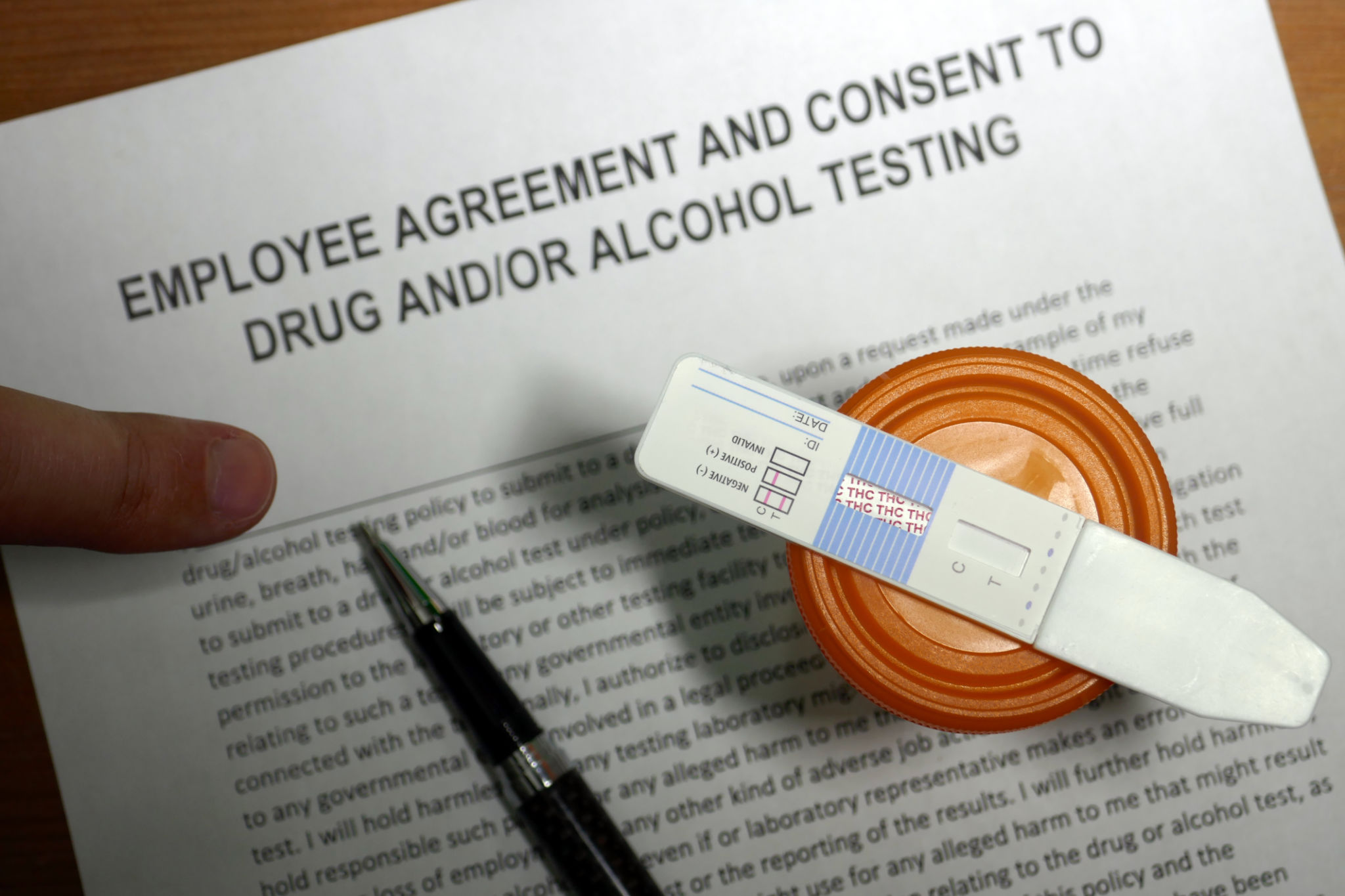Understanding Non-DOT Drug Testing: What Employers Need to Know
What is Non-DOT Drug Testing?
Non-DOT drug testing refers to drug tests that are not regulated by the Department of Transportation (DOT). While DOT drug testing is mandatory for safety-sensitive transportation employees, non-DOT drug testing is used by various businesses and organizations to maintain a drug-free workplace. These tests are governed by company policies rather than federal regulations.

Why Employers Opt for Non-DOT Drug Testing
Employers choose non-DOT drug testing for several reasons. It helps ensure workplace safety, enhances productivity, and reduces the risk of accidents and injuries. Additionally, it can protect the company from potential legal liabilities and help maintain a positive public image. By implementing a comprehensive drug testing program, employers can foster a healthier work environment.
Types of Non-DOT Drug Tests
There are various types of non-DOT drug tests that employers can use, including:
- Urine Tests: The most common form of drug testing, urine tests detect recent drug use.
- Hair Tests: These tests can detect drug use over a longer period, typically up to 90 days.
- Saliva Tests: These are less invasive and can detect recent drug use within a few hours to a couple of days.
- Blood Tests: Although less common, blood tests are highly accurate and can detect current impairment.
Implementing a Non-DOT Drug Testing Program
To implement a non-DOT drug testing program, employers should start by developing a clear drug testing policy. This policy should outline the purpose of the testing, the types of tests to be used, the substances being tested for, and the consequences of a positive test result. It is crucial to communicate this policy to all employees and provide training to supervisors on how to handle drug-related issues.

Legal Considerations
While non-DOT drug testing is not federally regulated, employers must still comply with state and local laws. These laws can vary significantly, so it is essential to stay informed about the regulations in your area. Additionally, employers must ensure that their drug testing policies do not discriminate against employees and that the testing process respects employees' privacy rights.
Best Practices for Non-DOT Drug Testing
To ensure the effectiveness and fairness of a non-DOT drug testing program, employers should follow these best practices:
- Random Testing: Conduct random drug tests to deter employees from using drugs.
- Reasonable Suspicion Testing: Test employees who exhibit signs of drug use or impairment.
- Post-Accident Testing: Test employees involved in workplace accidents to determine if drugs were a factor.
- Pre-Employment Testing: Screen potential hires to ensure they are drug-free before joining the company.
Handling Positive Test Results
When an employee tests positive for drugs, it is important to handle the situation with care and confidentiality. Employers should follow the procedures outlined in their drug testing policy, which may include confirming the test results with a secondary test, discussing the results with the employee, and determining the appropriate disciplinary action. In some cases, offering support or rehabilitation programs may be beneficial.

The Role of Third-Party Administrators
Many employers choose to work with third-party administrators (TPAs) to manage their non-DOT drug testing programs. TPAs can handle the logistics of drug testing, including scheduling tests, collecting samples, and reporting results. They can also ensure that the testing process is conducted in a compliant and professional manner, reducing the burden on the employer.
Conclusion
Understanding non-DOT drug testing is essential for employers who want to maintain a safe and productive workplace. By implementing a well-designed drug testing program, staying informed about legal requirements, and following best practices, employers can effectively manage drug use in the workplace and promote a healthier environment for all employees.